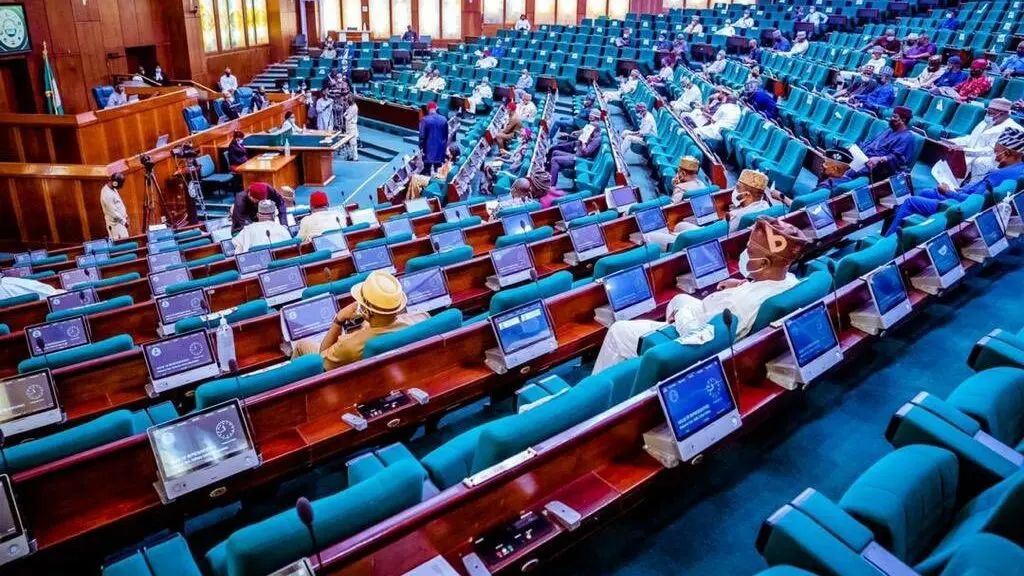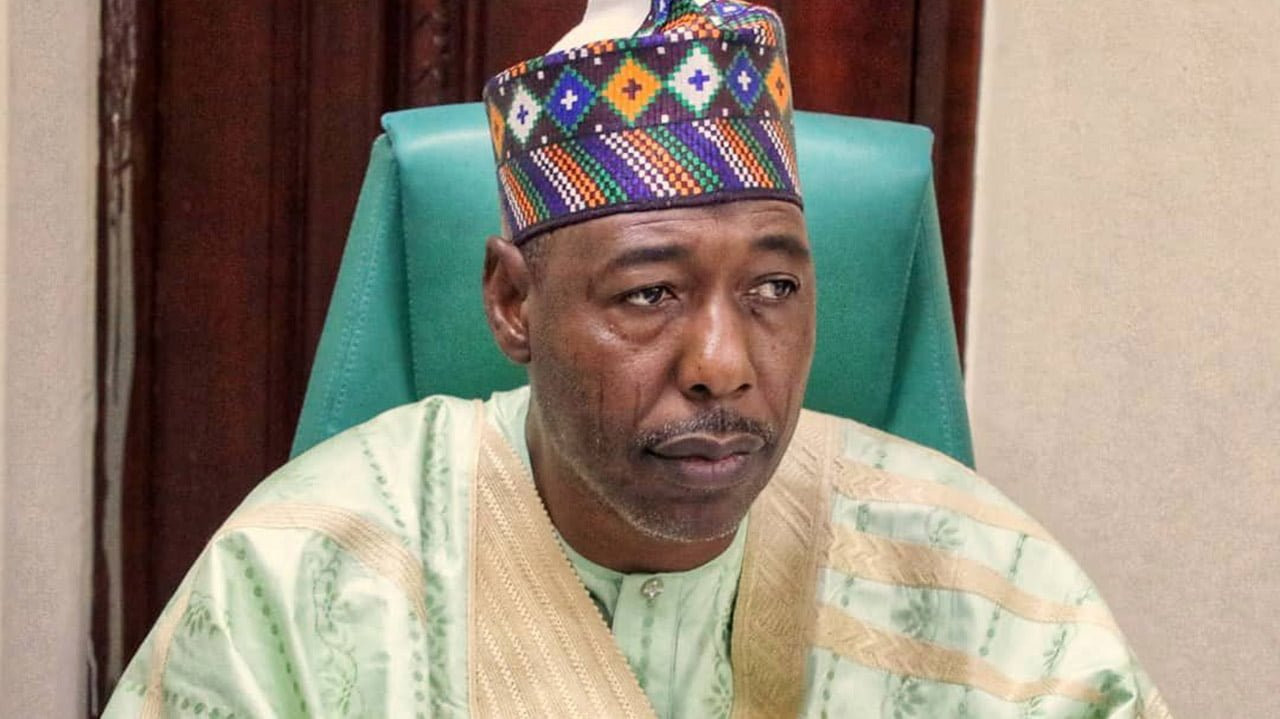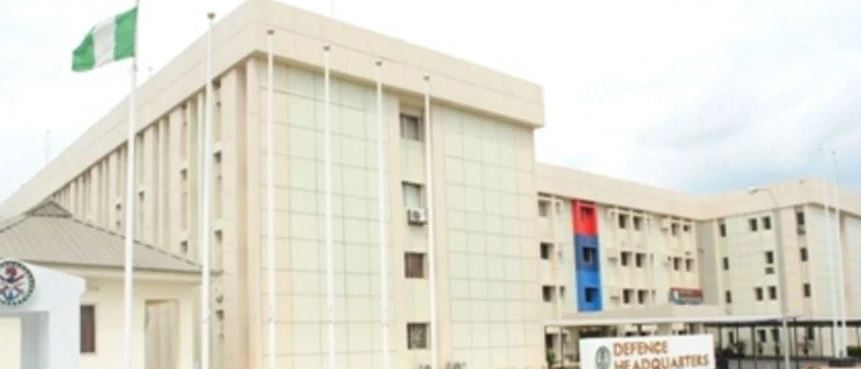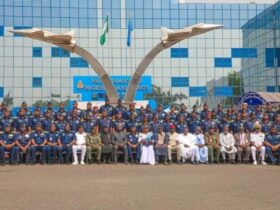Ever since assuming office, President Tinubu has been clear about his desire to shift the country’s reliance away from fossil fuels and towards cleaner energy sources. Nigeria has long been heavily dependent on petrol, and little has been done to explore alternative energy options.
However, the end of the petrol subsidy has opened a new chapter for discussion in the country’s energy sector. The prices of petrol have risen by over 240 per cent since the President pronounced that the petrol subsidy was gone on May 29, 2023, during his inaugural speech. The prices of petrol, which Nigerians depend on to power their vehicles and generator sets, have risen from N195/litre before May 29 to over N665/litre depending on location, making it unaffordable to most Nigerians. It has also triggered inflationary pressure in the country, pushing over 130 million Nigerians into multidimensional poverty.
Tinubu takes step
In an attempt to alleviate the hardships faced by Nigerians, President Tinubu is considering alternative energy sources such as transitioning to natural gas. This is coming at a time when the international community is sliding towards the new energy world order, which refers to the changing landscape of the energy sector as renewable energy sources gain prominence; in contrast to the old energy world order, which was dominated by fossil fuels and a handful of major players.
The new energy world order is characterised by a more diverse and distributed energy mix, with smaller players gaining a foothold alongside larger corporations. It is more sustainable.
Recently, the Presidential Compressed Natural Gas Initiative held its first stakeholders and investors’ forum, unveiling Tinubu’s plans for a gas-powered economy. In his words, the Project Director and CEO of PCNGi, Michael Oluwagbemi, highlighted the Federal Government’s “ambitious plan to put one million gas-powered vehicles on the road by 2027, at an average annual rate of 250,000 vehicle conversions per year”.
Oluwagbemi had disclosed that the government was looking towards the establishment of 40,000 auto gas conversion workshops and the creation of 750,000 jobs by 2027. The project director noted that given the characteristics of CNG and its benefits as a cheaper fuel, the strategic vision guiding the initiative was to alleviate the cost of living for Nigerians by significantly reducing the cost of transportation, and ultimately improve the standard of living with a cleaner and safer fuel.
“In all of these, our strategic objectives are very clear: How do we reduce the cost of transportation for the common man? How do we make Nigeria’s gas work for him or her? How do we ensure that this gas working for Nigeria gives Nigeria an economic advantage? We’re not just focusing on conversion centres but also incentivising investment on the supply side, taking an end-to-end approach,” Oluwagbemi remarked.
Another member of PCNGi, Mr Toyin Subair, stressed the economic advantage of Nigeria adopting CNG as an alternative fuel, reaffirming that the transition is for the betterment of every Nigerian and the nation’s economy.
“The good thing about this initiative is that we don’t need to subsidise or buy imported petrol. We (Nigeria) have our own gas here, and the six million commercial vehicles (that will be converted) are ours. If we dive into this commercial opportunity, we’ll bring down the cost of transportation for the average Nigerian,” Subair said.
FG provides incentives
In a bid to incentivise investors, the government approved 100 per cent Value Added Tax and import duty waivers for everything that has to do with CNG, LPG, electric vehicles, gas air conditioners and others.
In a circular titled ‘Fiscal Incentives for the Presidential Gas for Growth Initiative’, the Ministry of Finance had directed that: “In line with His Excellency, Mr. President’s commitment to improve the investment climate in Nigeria, and to increase the utilisation and supply of gas in the domestic market:
“Pursuant to Part 1, Section 5 of the Customs and Excise Tariff Act, which grants an Import Duty Waiver on machinery, equipment and spare parts imported into Nigeria for the utilisation of Nigerian gas (‘Gas Utilisation Waiver’), the importation of all equipment related to Compressed Natural Gas and Liquefied Petroleum Gas into the Nigerian market shall attract zero per cent (0%) import duty rate.
“Consequently, the Federal Inland Revenue Service and the Nigeria Customs Service are hereby directed to apply a zero per cent (0%) Value Added Tax rate on the following items: Feed Gas for all processed gas; Compressed Natural Gas; Imported liquified petroleum gas; Compressed Natural Gas equipment components, conversion and installation services i.e. Liquified Petroleum Gas equipment components, conversion and installation services;
“All equipment and infrastructure related to the expansion of Compressed Natural Gas, Liquified Petroleum Gas and the Presidential CNG Initiative, including conversion kits.”
The PUNCH reported that the Nigeria Customs Service had commenced implementation of the duty waiver on the said items on December 15.
However, despite the incentives, investors in the energy sector are yet to show interest in investing in CNG. As of today, there is a very insignificant number of CNG stations in Nigeria. And this, it was gathered, was discouraging the call for the conversion of vehicles from petrol or diesel to CNG.
Abiodun’s example
In Ogun State, for instance, Governor Dapo Abiodun, in July 2023, brought in a four-man team of technical engineers from India to convert buses from fuel to CNG. This was four months after taking delivery of the conversion kits. About 15 buses were said to have been converted so far, though the governor promised to convert 2,000 vehicles, including private ones.
Abiodun emphasised how unaffordable the conversion was when he offered to assist private vehicle owners.
“We will be converting the buses at our expense. If we don’t do that, the owners of the buses will not be able to afford the cost of the conversion, so the state has decided to take on that cost and find a way for them to repay the expense over the years. We are already thinking of how many gangs we need to have and how quickly we can complete the conversion of close to maybe 2000 buses in the state,” Abiodun said in July.
Findings by our correspondent could not confirm if the state had converted any private vehicle so far, as many government vehicles still run on petrol. It was gathered that the lack of enough CNG stations and the high cost of conversion are stumbling blocks to the CNG initiative in Ogun, and by extension, Nigeria.
In August 2023, The Nigerian National Petroleum Company Limited announced that it was partnering with NIPCO Gas Limited to develop CNG stations in the country, as part of its commitment to reducing carbon footprint and providing cheaper alternative fuel to motorists.
Under the NNPC-NIPCO strategic partnership, it was said that just “35 state-of-the-art CNG stations will be constructed nationwide” within the first quarter of 2024 and 2025. This shows how expensive it could be for an individual to set up a CNG station of the required standard.
Marketer laments high cost of investment
In an exclusive interview with The PUNCH, a national ex-officio of the Independent Petroleum Marketers Association of Nigeria, Surajudeen Bada, said the CNG initiative was a welcome idea, but the facility could not be put up immediately in the case of Liquefied Natural Gas, which is available everywhere in Nigeria for kitchen use.
He noted that marketers were not yet investing in CNG because it was capital-intensive and there were no CNG-complied vehicles in town to patronise any would-be investor.
According to him, setting up a standard CNG station would require all necessary safety requirements must be considered to avoid any form of explosion.
He noted that anybody using a CNG vehicle in Ogun State, for instance, would drive to Arepo, along the Laos-Ibadan Expressway to have his cylinder refilled.
“This CNG of a thing is a good idea, but a CNG facility cannot be put up immediately. In Abeokuta here, I have not seen one CNG station. In the entire Ogun State, we only have about one or two CNG stations along the expressway.
“It is a good thing, but can we all be taking our vehicles to Arepo, because I know the station is at Arepo? And you know you have to refill. This is not ordinary gas; it is a compressed gas, quite different from the LPG that we use for cooking. Vehicles have to be converted. How many vehicles are already converted?
“The cost of conversion is high. A lot of people are interested in CNG, but it is capital-intensive. As of now, to put up a standard CNG station that will meet all the safety requirements to avoid explosions requires a lot of money. That is why investors are not going there for now.
In his recommendation, Bada opined that the Federal Government should encourage marketers to invest in CNG. This, he said, could be done by subsdising CNG products to make the same readily available for investors.
“The government has to encourage those who are interested in CNG to go in. The materials and other costs can be heavily subsidised so that it will be readily available for those who want to invest in CNG business,” Bada suggested.
Source: Punch















